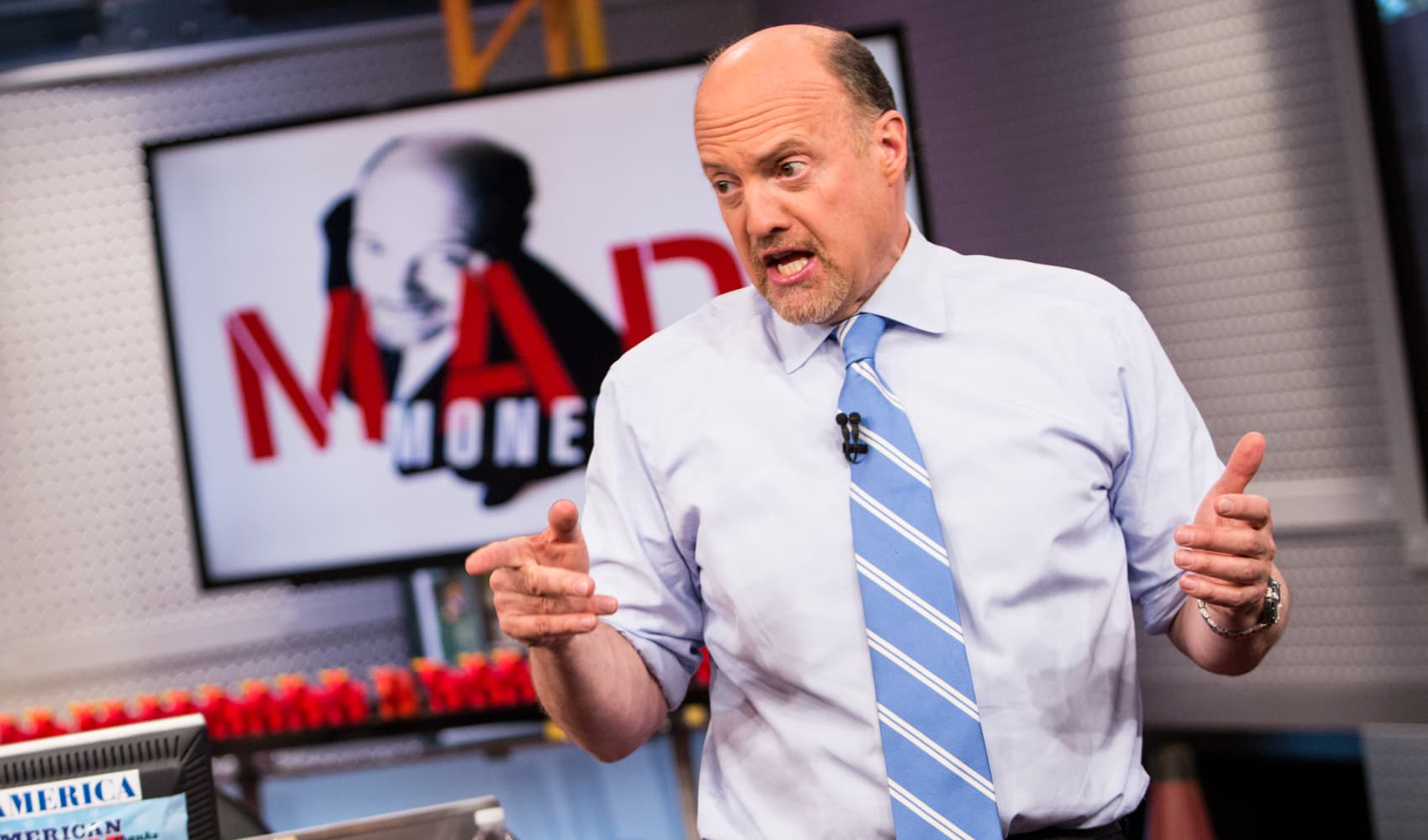
- Despite a mandatory factory shutdown of over two months during the Covid-19 pandemic, the "raging bull" of the auto world delivered 7,430 cars in 2020, down only 9% from the record high in 2019.
- Sales topped 1.6 billion euros, down 11% from 2019.
- But profits increased to a record high as customers ordered more pricey, highly customized cars.
Lamborghini reported record profits in 2020 as its wealthy customers — especially in China — rode the global bull market in style.
Despite a mandatory factory shutdown of over two months during the Covid-19 pandemic, the "raging bull" of the auto world delivered 7,430 cars in 2020, down only 9% from the record high in 2019. Sales topped 1.6 billion euros ($1.9 billion at the current exchange rate), down 11% from 2019, but the company said profits increased to a record high as customers ordered more pricey, highly customized cars.
The outlook for 2021 looks even brighter as soaring stocks and asset values around the world boost the fortunes of wealthy car buyers. Wealth creation from cryptocurrencies, special purpose acquisition companies, IPOs and company takeovers has also created a new generation of younger super car buyers.
Get Tri-state area news and weather forecasts to your inbox. Sign up for NBC New York newsletters.
Lamborghini CEO Stephan Winkelmann told CNBC the company already has nine months of orders booked for 2021.
"It's a bit like with the stock markets," Winklemann said. "The buyer's spirits are up, they can't wait to the moment to get out again and to enjoy life."
Lamborghini, which is owned by Volkswagen Group, is also benefitting from the success of its $220,000 SUV, the Urus. The company's total production has more than doubled since it started delivering the Urus in 2018.
Money Report
Winkelmann said China is expected to become the company's second-largest market this year, replacing Germany, for the first time. The U.S. is still far and away Lamborghini's market, with delivery of 2,224 cars in 2020.
The biggest challenge for Lamborghini, along with other sports-car companies like Ferrari, McLaren and Bugatti, is the tightening of emissions regulations around the world and the shift to electric vehicles. With Teslas now about to rocket from 0-60 mph in less than two seconds, sports car companies that rose to fame by building ever-faster, louder engines and dramatic designs now need to redefine themselves in an electric world.
At the same time, they also have to continue pleasing their customers — wealthy car-collectors who love the emotion and feel of roaring V-8 and V-12 engines.
Lamborghini hasn't announced plans for an EV, but Winkelmann hinted that announcements could be coming in April.
"At the end of the day, we have to look forward to what is going to happen in five to 10 years from now and how this will change our way of looking at these type of cars," he said. "We have to anticipate also a change of mind of our customers and the enthusiasts as well. This is a very crucial moment for super sports cars, where you have to really set the marks for the future without scaring anybody by admitting clearly what is going to be the limit for the future in terms of normal combustion engines."
Lamborghini has started dipping its toes into electrification with the launch of its first-ever hybrid, the Sian FKP 37. The super car, which retails for over $2.6 million and means "lightening bolt" in Bolognese dialect, has a V-12 engine boosted by a lithium-ion super capacitor. The company quickly sold out of all 63 Sian coupes and 19 open-topped Sian roadsters planned for its limited production.
Winkelmann declined to comment on speculation that VW could spin-off Lamborghini or take it public. But he said VW remains an ideal owner of the brand, given it's capital and technology.
"Volkswagen Group is the perfect match for Lamborghini because we have the freedom to decide what is top priority for us, so where we put our money," he said. "They also have a lot of expertise and all the upcoming technologies, which are the three mega trends — electrification, digitalization and for sure, autonomous driving."
He said self-driving may not be "the big task" for the brand, "at least not for the time being, but the two others for sure are things which are constantly on our agenda."
Correction: This article was updated to correct the price of the Sian FKP 37. It sells for more than $2.6 million.






